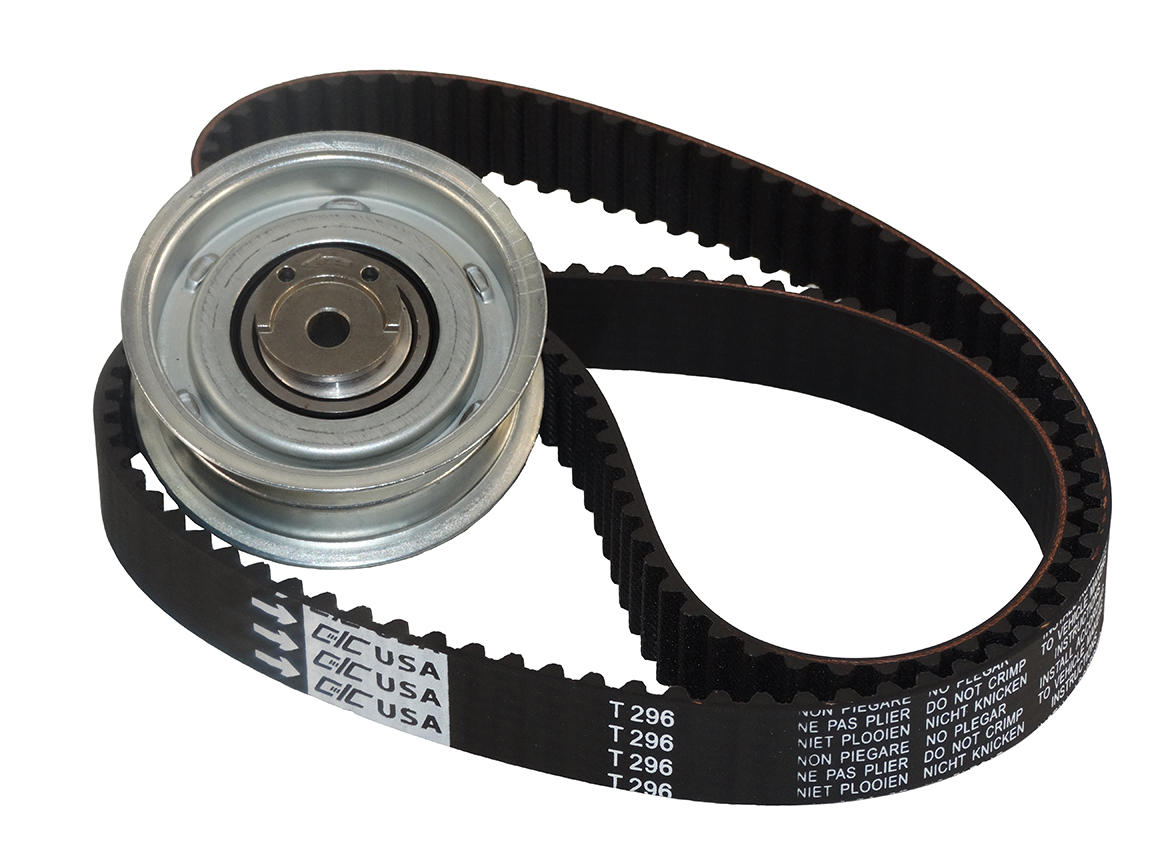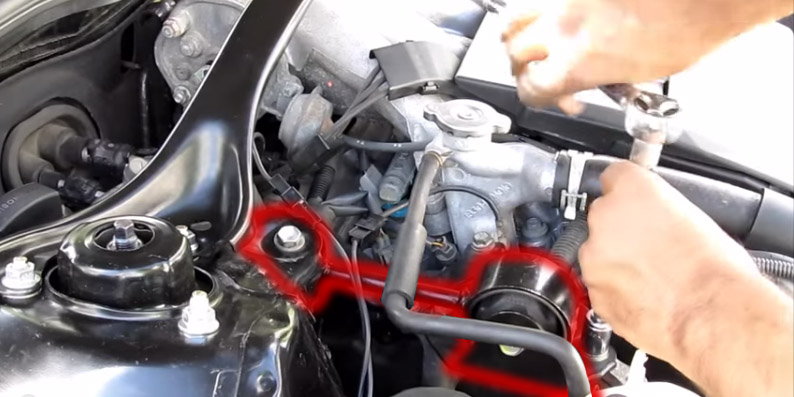
As they are made from rubber, they’re also cheaper to manufacture, which means that car manufacturers may choose to build them into the vehicle.

Where a quiet, more efficient engine is required, a timing belt is often preferred. The main difference lies in the materials used – timing belts are made of rubber composite, whereas timing chains are made of metal. What is the difference between timing belts and timing chains?īoth timing belts and timing chains are essential parts of your car’s internal combustion engine, and play a part in controlling the crankshaft and the camshafts, which in turn ensure that the engine valves open and close at the correct time. But why is it only one or the other, and what is the difference between the two? The team at Mr Tyre are here to tell you all you need to know. Your vehicle will either have a timing belt or a timing chain to keep the engine’s timings in order, which in turn keeps your vehicle running safely and efficiently.
#DO VOLKSWAGENS HAVE TIMING BELTS OR CHAINS FREE#
If you need information on the timing belt or other parts in your model of Volkswagen, please feel free to contact the helpful folks at Camelback Volkswagen. There will often be useful information there on when to change parts such as timing belts. It's always a good idea to familiarize yourself with your Volkswagen owner's manual. Many mechanics recommend replacing them every 70,000 to 100,000 miles. Leaving things as can end up costing you a lot more in the long run.Īfter so many years or miles, it is a good idea to change the part even if you don't experience sudden signs of trouble. A broken timing belt can cause damage to other engine parts. While many repairs can be put off, this is not one of them. Any of these symptoms should be looked at by a qualified mechanic. If you notice a sudden decline in oil pressure or smoke from your engine, these can also be signs of a defective timing belt. It's easy to imagine how this could wear things out. When parts do not move correctly in time, they can grind or crash against other elements in unintended ways. If a piston or valve fails, this may be due to an issue with the timing chain as well. In some cases, you may notice a lot of loud noise and rough idling from your engine. A good mechanic will check the timing belt even if he or she is doing an everyday job such as an oil change. Unfortunately, it is often discovered after it breaks, which is why it is essential you have your Volkswagen serviced regularly with routine maintenance. Unlike a lot of engine parts, it can be difficult to tell when the timing belt is wearing out. The timing belt is crucial for this to all work smoothly. They also help to remove the exhaust fumes, which all need to work appropriately for your Volkswagen engine to perform as intended. The cylinder strokes in your engine help put the right amount of fuel into the system.

Read on to find out how you can tell when this vital part needs to be changed. This simple part keeps the camshaft and crankshaft rotations in sync, which, in turn, allows your engine valves to open and close at the right times. The timing belt is a vital part of your Volkswagen engine.


 0 kommentar(er)
0 kommentar(er)
